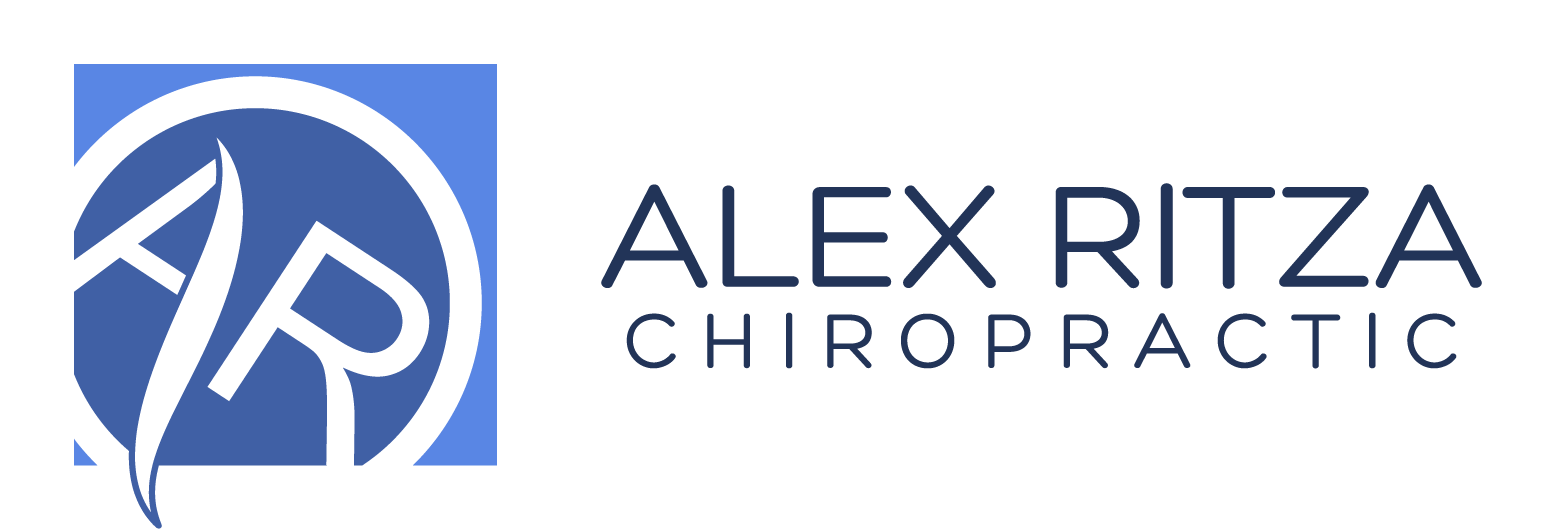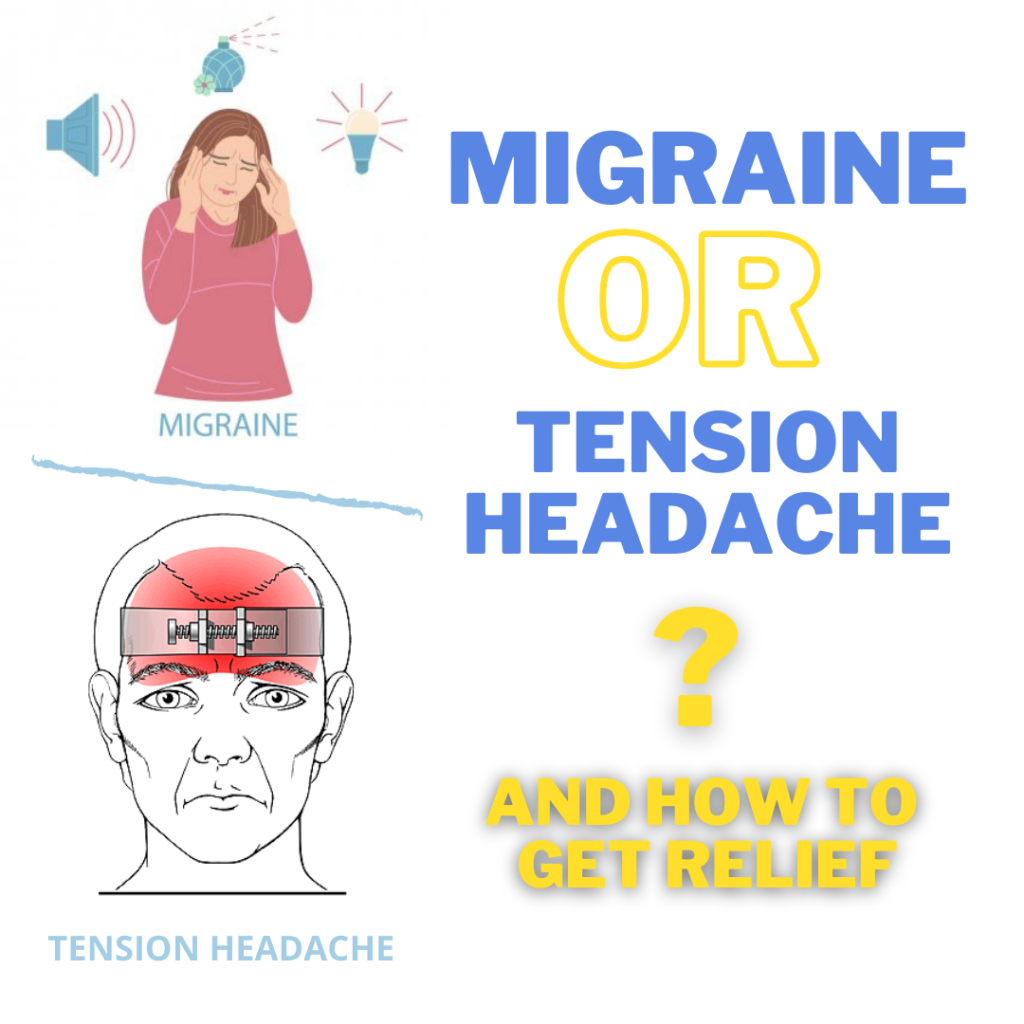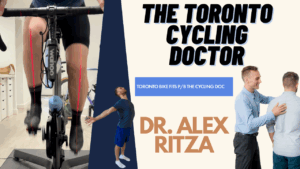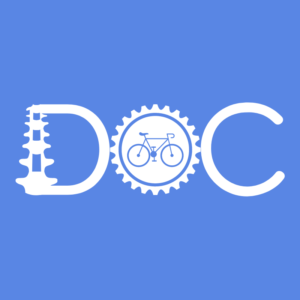Tension Headache Relief Toronto … And Migraine Relief – What Is The Difference?
The type of headache you are having will often determine how much relief you can find for yourself with stretching/exercise or relief strategies – it is important to know which one you have! That’s right, not all headaches are created equal! The difference between tension-type headaches and migraines is important to know. Getting tension headache relief in Toronto and migraine relief requires your doctor to know the difference.
What type of headache do I have | Tension Head Relief Toronto
The international headache guidelines provide diagnostic criteria for literally dozens and dozens of different types of headaches: ranging from your typical tension-type headache to headache attributable to ingestion or inhalation of a cold stimulus. There are other ones that I and other physicians had never heard of and will never encounter in practice.
I think those of us who have suffered from headaches and migraines inherently know that different types of headaches are caused by different anatomy, physiology, and triggers. The point and what I want to
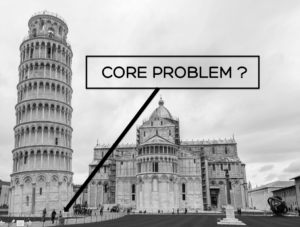
help you with is being able to self-identify what type of headache you are having so that you can initially get symptomatic relief… and then ultimately fix the underlying problem.
At our Yorkville Corrective Chiropractic office, we have helped hundreds of patients needing tension headache relief in Toronto get to and fix the root cause of their headaches.
Do I have a tension headache or a migraine?
To keep things as simple as possible, the vast majority of headaches that we see in our office are going to be described as either migraines, tension headaches, or cervicogenic headaches [from the neck]. ]
We often group the latter two into the acronym tension-type-cervicogenic-headaches (TTCH) because of their pathological overlap.
While an unhealthy neck and spine can be a tremendous contributor to migraines, for our discussion today think of TTCH as the result of taut neck and shoulder muscles. Tight night and shoulder muscles are most often the consequence of an unhealthy spine and external stressors like poor posture, ergonomics or psychological stress on the body. Tension headache relief requires addressing these underlying causes.
The tension you feel in your neck and shoulder muscles after a stressful situation, multiplied by a few factors, can irritate the nerves of the neck and scalp to produce head pain. And voila, you have a headache.
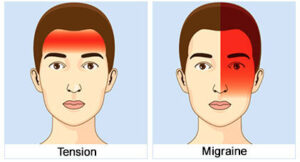 So what is the difference in terms of how they feel?
So what is the difference in terms of how they feel?
Tension headaches and cervicogenic headaches typically are of mild-moderate intensity, feel like pressure or tightness, and are non-pulsating like a tight band around the skull. They usually occur bilaterally on both sides of the skull without nausea, or vomiting, can last for minutes to days, are often associated with neck pain, and perhaps most important [for you!], are not worsened by exercise!
If you can stretch or massage the correct muscles and joints that are acutely contributing to the headache, these TTCH often get better!
Migraines are often the “opposite” in many dimensions: they are usually moderate to very severe in intensity, one-sided, pulsating, and sometimes occur with visual or other sensory changes called “aura” and/or nausea, vomiting, sensitivity to light/sound, and are worsened by exercise
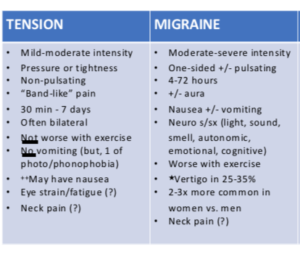 Migraines leave you wanting to lie down in a dark room where no amount of stretching helps acutely.
Migraines leave you wanting to lie down in a dark room where no amount of stretching helps acutely.
If you are looking for headache relief in Toronto, the good news is that both respond well to Corrective Chiropractic Care.
Control Your Tension Headache Relief
Knowing this latter (exercise helps) difference between a TTCH and a migraine can be important because it gives you the power and autonomy to help manage your symptoms when they arise!
The stretches I show in the video below and THIS Tension Headache Relief Instagram post will help to target many of the most frequent anatomical culprits that contribute to tension-type and cervicogenic headaches.
If you are looking for more than headache relief and want to fix your headaches then there are two important caveats to understand!
Tension Headache Relief in Toronto and Migraine Relief in Toronto: The Lasting Fix!
Firstly, understanding the external stressors that impact your body, spine and nervous system and contribute to all forms of headaches is a must. For me, a lack of sleep or sleeping on a lousy pillow affects my spine to the point that I often get a headache. The lack of sleep, stress, red wine, and the poor pillow are NOT the cause of the headache but just as important a factor that changes your body just like a poor diet does not cause a heart attack but rather leads to changes over time that clog your arteries and starve the heart of oxygen.
The point is that if you can identify and remove/reduce the stressors that head to your headaches you are part way to fixing the underlying problem.
The second and maybe most important caveat: if there is an underlying change in the body that is the actual cause of the headache then that underlying core problem must be fixed. Headaches, like all other symptoms, are ultimately the body’s signal to tell you that something is wrong and needs fixing. In the case of migraines, tension-type, cervicogenic headaches and more, that underlying problem is the spine, the nerves it protects and the muscles and other tissues that attach to it.
These exercises should help you with your headaches but if they keep coming back and you want to learn how we start to go about fixing the underlying core problem that contributes to headaches then read THIS.
[https://www.youtube.com/watch?v=QTEGfpPDLxs]
